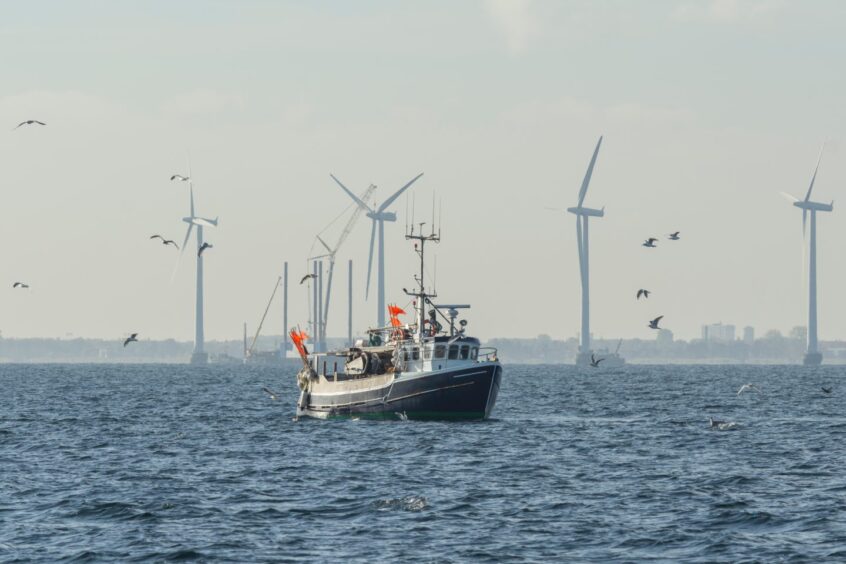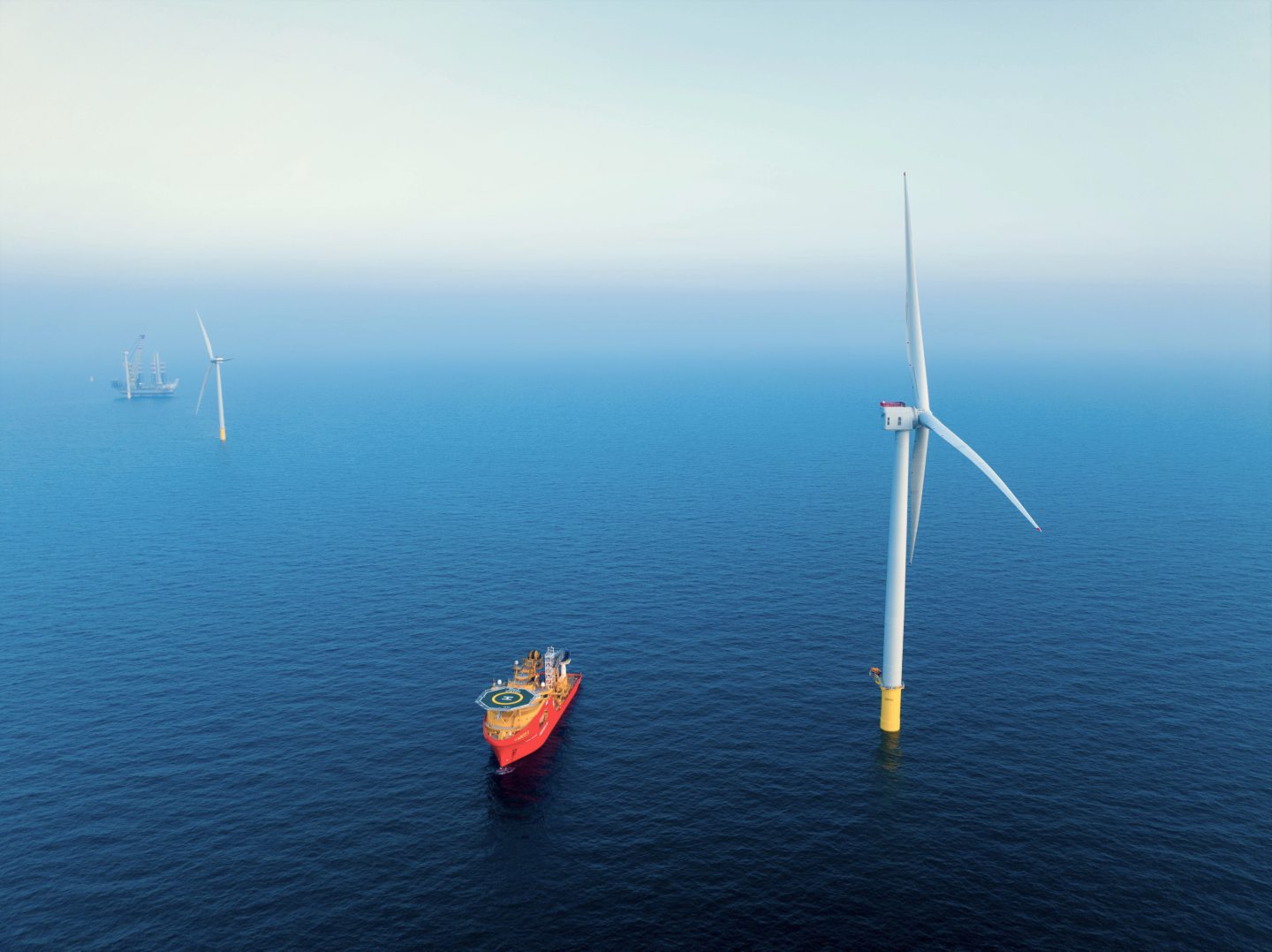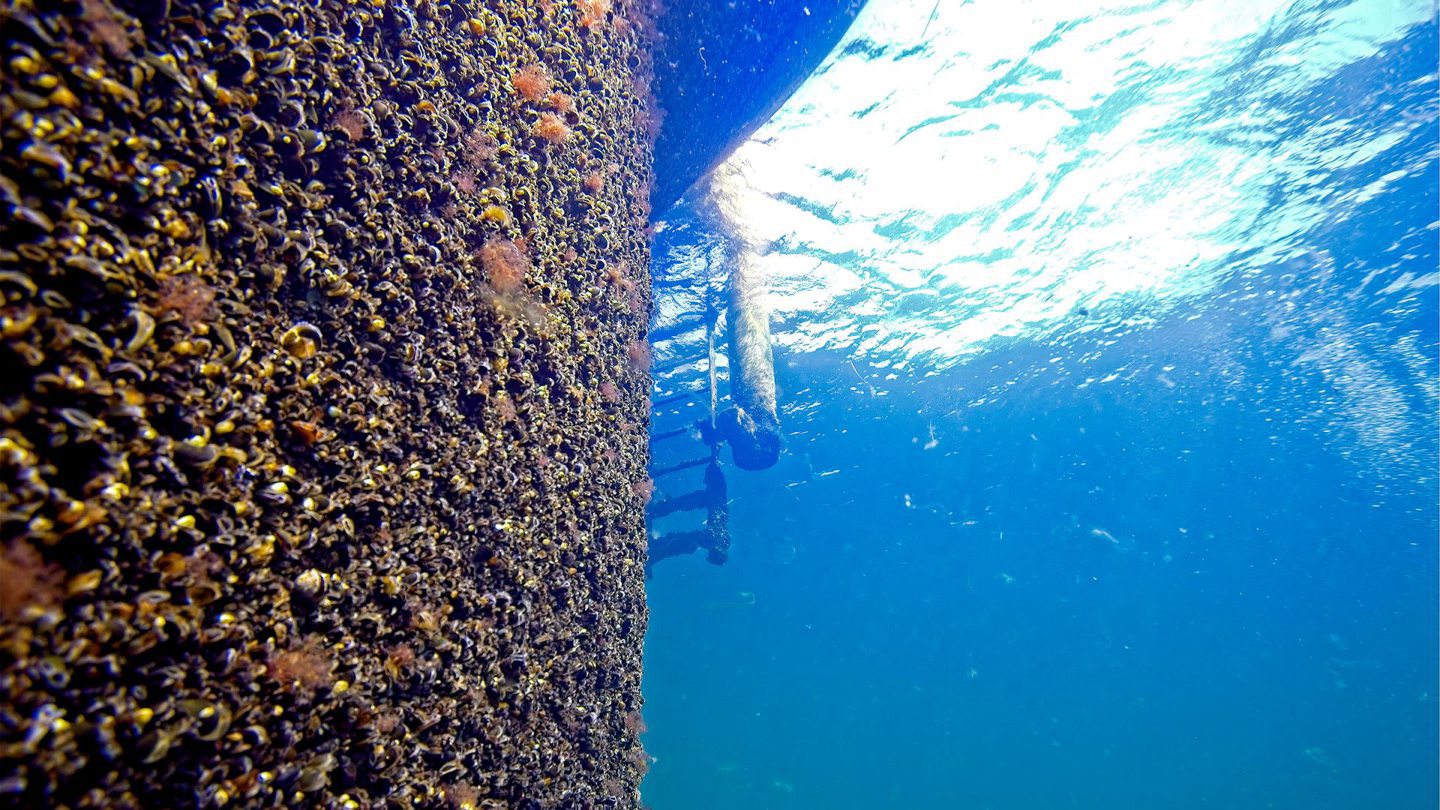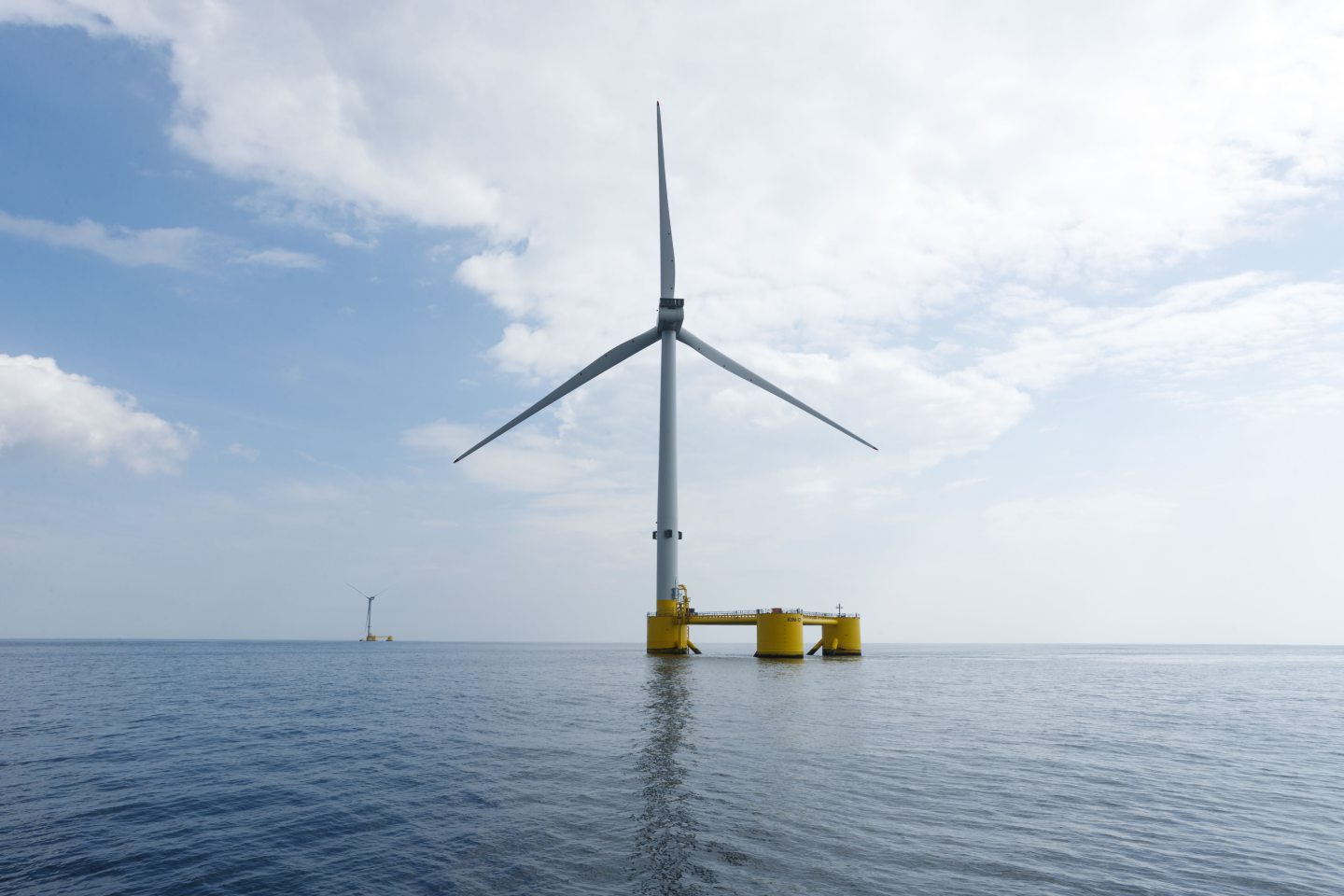
A new study has found policymakers are more likely to be influenced by reports which tend to emphasise the negative environmental aspects of offshore wind farms.
Researchers at the Plymouth Marine Laboratory evaluated a range of published reports on offshore wind and looked at how policymakers are influenced by them.
The study found policymakers are more likely to consider unscientific reports, which give a more negative view on the environmental impacts of offshore wind farms compared to peer-reviewed literature.
The researchers also found the current evidence base for fixed offshore wind structures is primarily focused on projects in shallower waters closer to the coast.
With newer wind projects venturing into deeper waters further offshore, the study found this evidence will “not be adequate” for considering their environmental impact.
The report called for better communication between the scientific and regulatory communities to ensure decision makers are relying on the best available evidence.
Offshore wind research
The study compared peer-review ‘primary literature’, which is published in scientific journals, and ‘grey literature’.
Grey literature refers to other evidence including environmental statements, impact assessments, surveys and reports from business groups and other organisations.
When considering offshore wind farms, the researchers said decision makers more frequently rely on grey literature due to access issues, even though it often gives a “less balanced outlook”.
Primary literature is usually behind a paywall, takes longer to publish and the studies often investigate one aspect or process in greater detail.
By contrast, grey literature is more publicly accessible, available much sooner and often provides a useful overview or synthesis of evidence needed by regulators.
But while regulators tend to favour grey over primary literature, the study found the two types of reports do not always present the same information or outcomes.
Overall, 71% of outcomes on the impact of offshore wind farms reported in grey literature are negative, compared with 36% in primary literature.
Marine ecologist and lead researcher Claire Szostek said this disparity could in part be due to the fact that environmental impact assessments address potential, rather than specific, impacts.
“In addition, some positive outcomes related to offshore wind farms that are reported in primary literature are not found in grey literature,” Ms Szostek said.
“These can include positive impacts on food provision – for example, certain fish, such as cod and pouting, seem to aggregate around these structures.”
Other aspects not evidenced in grey literature included improved water quality through filtration by shellfish living on the wind turbines, which can also sequester carbon.
‘Lack of evidence’ on decommissioning
The study also found there is a “fundamental lack of evidence” for decommissioning of wind turbines, as well as disagreement on decommissioning strategy.
Decommissioning turbines could lead to pollution from chemicals and changes in the nutrient cycle in the sea depending on whether turbines are removed or repurposed.
Ms Szostek said this evidence gap “urgently needs to be filled so that decommissioning strategies meet environmental targets”.
With the UK offshore wind sector striving for rapid growth in the race to meet net zero targets, the country’s seas are set to become increasingly congested.
Ms Szostek said any marine urbanisation will have implications for the environment, and there is a need to identify the positives and negatives of large-scale seabed development.
“The UK government’s proposed marine net gain policy specifies that new developments should result in more or better quality natural habitat than there was beforehand,” Ms Szostek said.
“But, given that we found just 2% of outcomes reported in UK grey literature are positive, compared with 28% of outcomes in primary literature, opportunities to assess and achieve these targets may be missed.”
Floating offshore wind
Additionally, Ms Szostek said the emergence of floating offshore wind projects will introduce a “host of novel, and as yet poorly understood, environmental outcomes”.
“We need to rapidly increase our understanding of the cumulative effects on ocean inhabitants and vital physical processes,” she said.
“Only then can we ramp up our renewable energy capacity while avoiding a myriad of unknown ecological and socio-economic consequences.”
With the offshore wind sector pushing for faster consenting processes to speed up renewable energy development, Ms Szostek said the industry needs standardised methods of data collection in grey literature and clear policy frameworks.
Ms Sozstek said there also needs to be better communication between scientists and industry so more evidence from primary literature can be used in evaluations.
“Environmental impacts need to be consistently and fairly assessed, as do the risks associated with each wind farm development,” she said.




